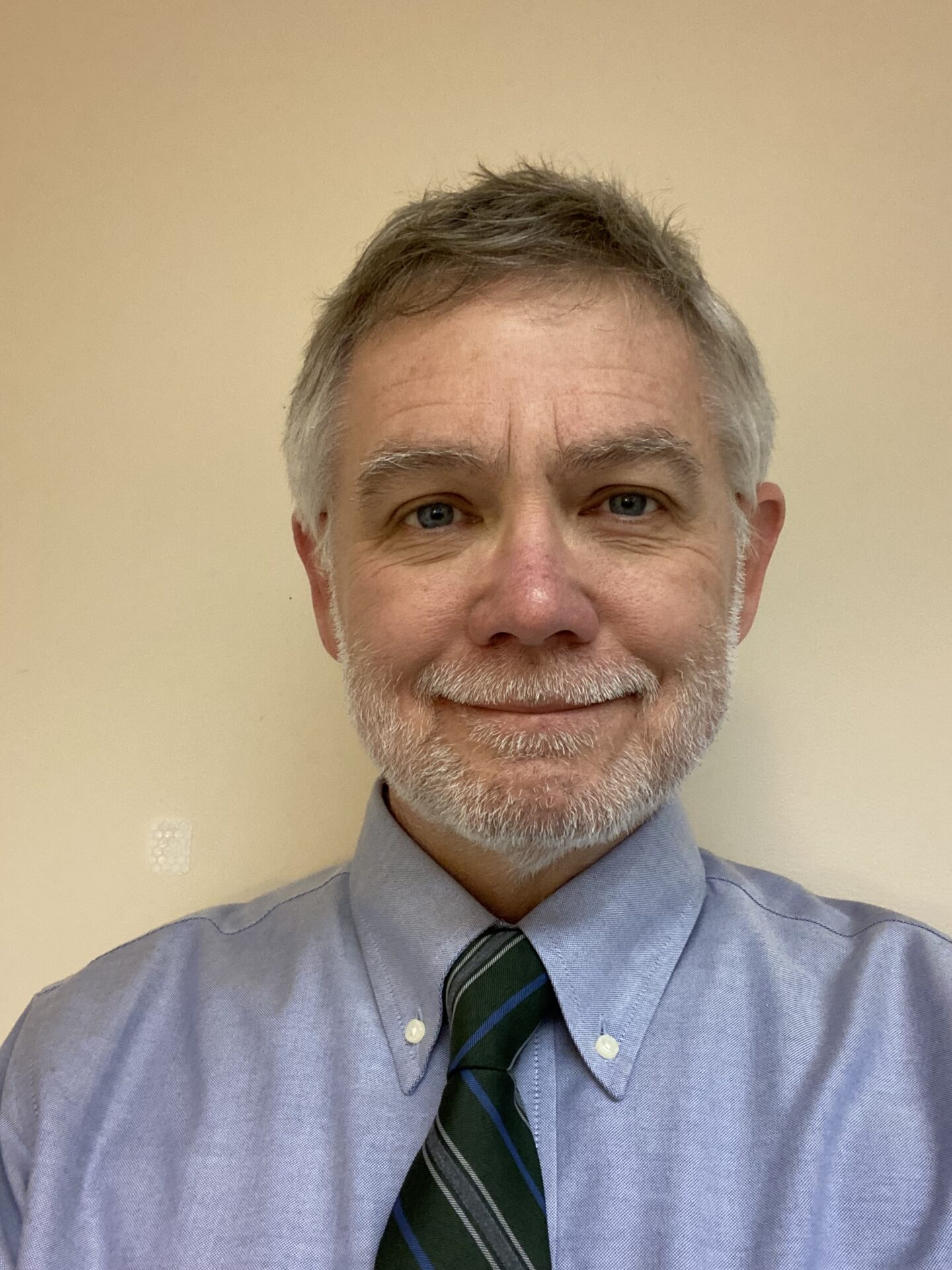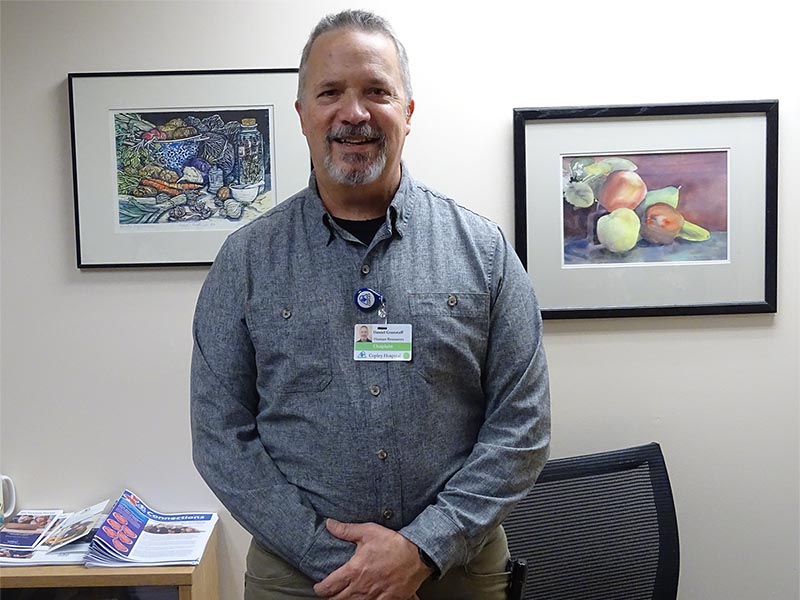Chaplaincy Program
What is the Chaplaincy Program
![]()
Copley’s Chaplaincy Program contributes to the health, hope, dignity, and well-being of patients, families, and staff by respectfully attending to the human spirit by providing pastoral care and other forms of religious and spiritual support.
Such pastoral care can be an important resource as patients and family members seek to maintain health and cope with illnesses, traumas, losses, and life transitions.
A chaplain provides pastoral care by seeking to understand the needs, concerns, thoughts, and feelings of each person, and offering ministry that invites and motivates the healthy and meaningful use of each person’s unique spiritual beliefs, attitudes, and practices.
Respecting the dignity and privacy of individuals, chaplaincy support is initiated by a patient’s or family member’s request, or through their permission.
Contact Information
802.888.8112 or call the switchboard at 802.888.8888 and ask for the Chaplain
On-Call 24 Hours a Day, Seven Days a Week
Location:
Copley Hospital Surgical Services
528 Washington Highway
Morrisville, VT 05661
Meet Copley’s Chaplains
Edward Bassett MFA, JD and Danny Granstaff
![]()

Meet Edward
Edward has served previously as a chaplain in a San Francisco AIDS hospice as well as the city’s largest public hospital. He’s currently a candidate for an MA in Pastoral Theology, focusing on interfaith chaplaincy and secular spiritual care.

Meet Danny
Danny was born in Coral Gables Florida and spent much of his childhood living in the British West Indies with his family as missionaries. He has a bachelor of arts in Religious Education with a minor in music. Danny has spent all his adult life in some aspect of ministry and spiritual care to others. His love for music and providing music within that care has been the underlying factor in connecting with others.
Who May Receive Chaplaincy Care
Anyone who requests chaplaincy support will receive it.
![]()
Chaplaincy support and services are offered to patients and families and staff members of all religious faiths.
It is also offered to individuals with no religious affiliation and/or those discovering and exploring their spirituality.
What You Can Expect From A Chaplain
- Confidentiality and attentive listening skills
- Respect for the way each person discovers and expresses the human spirit
- Frequent visits to extend support, counseling, prayer, and sacraments, when requested by patient or family member
- Notification of patient’s or family members’ religious congregation or their relationship with a clergy person, with a patient or family member permission
- Assessment of spiritual needs and spiritual concerns
- Linking patients and families with hospital staff
- Information, guidance, and support about health care decisions; medical ethics questions; Advance Directives; organ and tissue donation; bereavement and grief patterns
Appropriate Times to Consult with a Chaplain
- Imminent death or death of a patient
- Emergency and life threatening surgery
- Change in prognosis or poor prognosis
- Unexpected serious diagnosis or change in diagnosis
- A refusal of treatment
- Patient seeking discharge “against medical advice”
- Mental health crisis
- Spiritual crisis
- A time of distress
